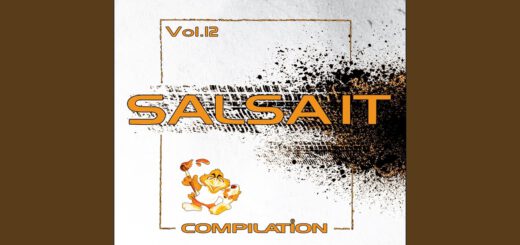How People Perceive Musicians
There are lots of misunderstandings about musicians. These misconceptions exist even in educated societies around the world. While they apply to artists in general, our focus here is with music.
One misconception is that the musician has to be a « starving artist » and live a poor lifestyle. Music, just like any other profession, has those who succeed financially and those who don’t and those in between. You see wealthy pop and rock stars and you see buskers with jars on the street. Monetary success is independent of talent, and not necessarily particular to any one industry either.
An interesting thing to note is that music itself is actually a relatively expensive industry as far as professional musicians are concerned. Instruments and other equipment plus their maintenance and also spaces can be quite costly. Quality lessons, a necessary investment, are not exactly cheap. All businesses have their overhead and operating expenses. And doing music vocationally falls into this category, therefore it requires proper business acumen and excellent financial planning to ensure solvency and viability. And there are certainly professional musicians in this world who are not « starving » and doing just fine.
Another false idea is that musicians have to be somewhat crazy or unstable, and this has somehow become associated with talent. Talent stands alone and is its own area.
Oppressive individuals created this false notion in an effort to keep creativity down. Anything good, powerful and creative threatens certain individuals whose only intention is to destroy. This, incidentally, explains the prevalence of drugs in rock music. It is all calculated. Musicians, because they are creative and artistic, are vulnerable and often targets for suppression.
Musicians, like any other human being, have emotions and feelings. Because they are under more judgement and evaluation, such as during competitions or academic jury exams, they become more prone to attacks by those who use that as an avenue primarily to harm others, or by those who are simply insensitive. Contradictory evaluations between judges can also cause great confusion.
Being expressive, joyful, insouciant and humorous can all come under the heading of creativity, so this too has also been falsely associated with being crazy or neurotic.
Being fairly uninhibited is generally frowned upon in our society, where we are all expected to behave in a certain way, like cattle. When a musician is in a transcendental moment, he may seem somewhat crazy to a more ordinary person. A real example was a composer who was walking down the street and all of a sudden had a spark of creativity and he started « thinking out loud » with his creative process, making rhythmic hand and body gestures. Some passersby might have thought there was something wrong with him, not understanding that he was simply having a transcendental or creative moment.
One common fallacy is that it is somehow okay for a musician to play for free. The « pay to play » concept is unfortunately prevalent. Would one ask a plumber to come fix the sink for free? Not if he wants to get his sink fixed. Believe it or not, an ad was placed recently in a certain classifieds section from a restaurant owner seeking a band to come perform at his restaurant for free with the insufficient exchange of « promoting themselves and selling albums ». As silly as this sounds, it is all too common. Music instructors frequently get asked for free lessons. While there is nothing wrong with doing volunteer work to help deserving underprivileged individuals, that’s different. Would one ask an accountant to do taxes for free? Again, same principle.
Another wrong idea about musicians is that their physical appearance, behavior or demeanor has to be unusual, different or even weird. This gets imposed a lot but is unnecessary. It is an incorrect habit in many societies. Image is image and irrelevant to demonstration of talent.
It is also commonly thought that musicians are overly sensitive and emotionally frail, who collapse easily under the pressures of life. As mentioned earlier, a musician, like any other human being, has emotions and sanity or insanity. But, on the contrary, the musician has a certain advantage, for music is also a method of healing and venting of trauma and therefore therapeutic to perform. This causes a great avenue for relief and generally results in greater mental and emotional security.
But despite all the falsehoods, the fact does remain that musicians are able, causative and creative beings, and generally loved, since the joy of music is great and gives life and beauty.
by Evelyn Simonian
© 2013. Evelyn Simonian

























